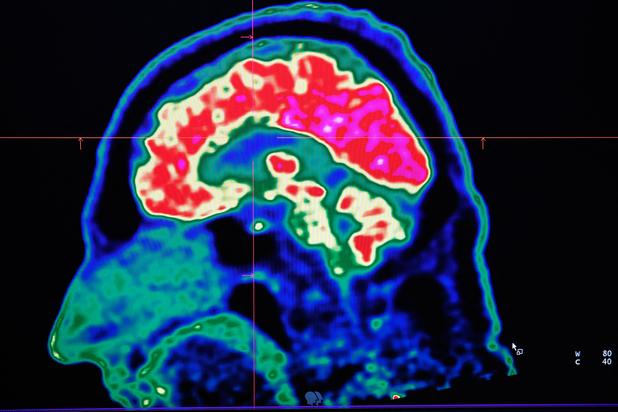The discovery of brain tsunami waves .. Do they help extend life?
A new study has emerged that provides unprecedented information about what happens in brain cells during the irreversible process of death.
In this report, published by the American magazine "Newsweek", writer Nick Mordovnik says that this study - which was published in the Annals of Neurology - examined the prevalence of depolarization in the human cerebral cortex, and provided an understanding of New about the brain's reaction to energy depletion.
brain tsunami
Depolarization of brain cells can be likened to a tsunami, in terms of the force with which they occur, just as sporadic waves dominate the nervous system and lead to widespread destruction.

Although restoring blood flow remains the number one goal of clinicians in emergency departments and intensive care rooms, the researchers in this study believe that understanding how the brain deals with energy depletion can contribute to determining the time remaining to resuscitate a patient before it reaches the point of no return in which it occurs Irreversible brain damage.
The study stated, "This propagation of waves can be reversed and returned, and it begins two to five minutes after the onset of severe ischemia, which determines the onset of toxic neurological changes that ultimately lead to irreversible damage." fix it."
The research methodology adopted by the scientists in this study included making recordings by installing electrode strips or arrays in patients who had suffered severe brain damage that led to their entry into a hopeless condition that required only some palliative treatments with no opportunity for resuscitation.
Nine patients were subjected to what doctors call internal neuromonitoring in two separate hospitals in Berlin, Germany and Cincinnati, USA, after obtaining written consent from the legal representatives of these patients.
Reverse damage
And in 2017, American researchers had talked about the first known model of reversing brain damage when they treated a two-year-old girl who had been drowned, as after she had lost the ability to talk, walk and interact with sounds, doctors gave her various treatments with oxygen that reversed the damage that occurred. In her brain, she is recovering.
This new knowledge about the mechanisms of the body's vulnerability to disease opens a new window for treatment strategies that complement the process of revitalizing the body's blood circulation, as neuromedical interventions can be directed to stop the depolarization process, with the aim of extending life.
The author points out that this research may be very useful for patients who suffer or are at risk of brain damage or death as a result of cerebral ischemia or stroke, but more studies are needed in order to understand the brain, which is one of the most complex organs in the human body.










